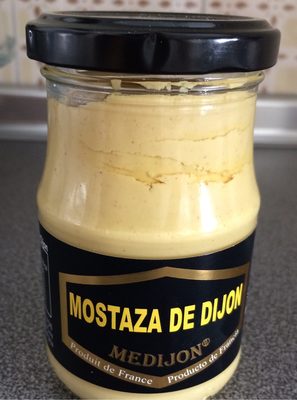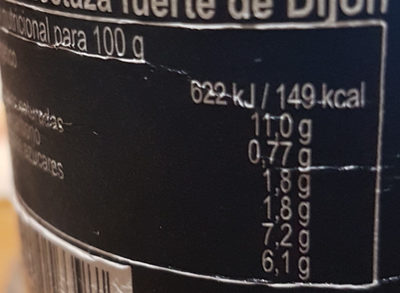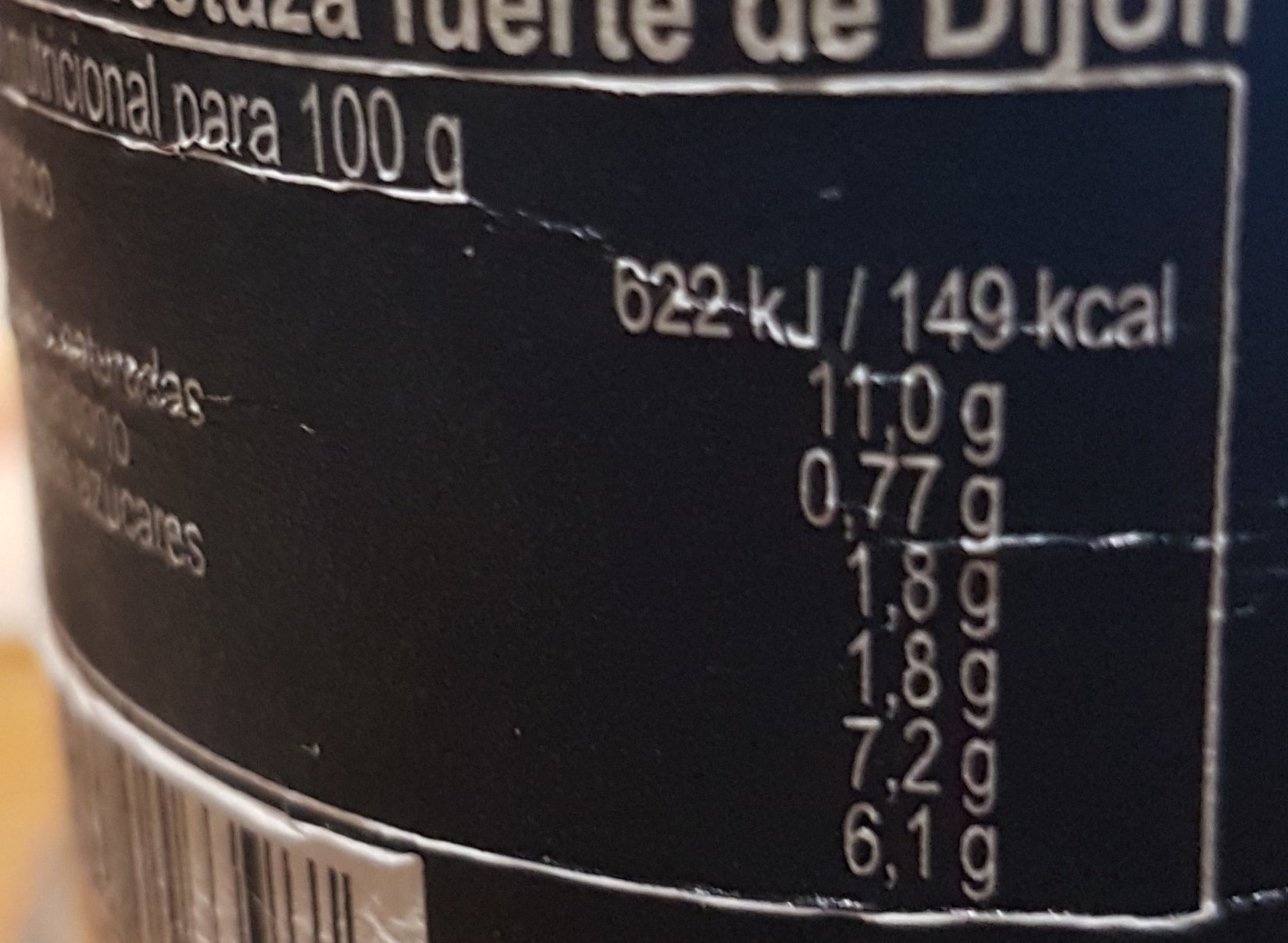Mostaza de Dijon - Medijon
This product page is not complete. You can help to complete it by editing it and adding more data from the photos we have, or by taking more photos using the app for Android or iPhone/iPad. Thank you!
×
Barra-kodea: 3563490016397 (EAN / EAN-13)
Markak: Medijon
Kategoriak: en:Condiments, en:Sauces, en:Mustards, en:Dijon mustards, en:groceries
Matching with your preferences
Ingurumena
Carbon footprint
Ontziratzea
Transportation
Report a problem
Datuen iturria
Product added on by kiliweb
Last edit of product page on by packbot.
Produktuaren orria -gatik editatua bourdon-michel, davidsarria, openfoodfacts-contributors, scanbot, sebleouf, teolemon.
If the data is incomplete or incorrect, you can complete or correct it by editing this page.











